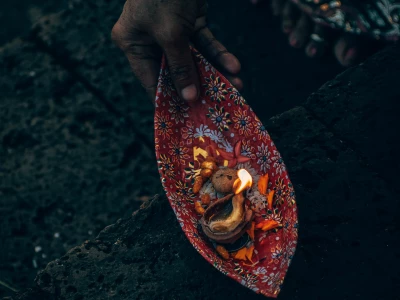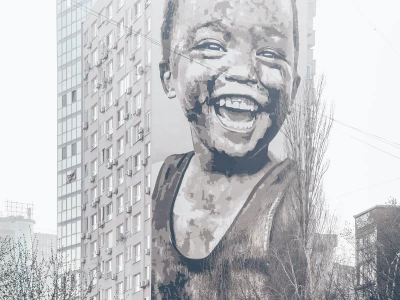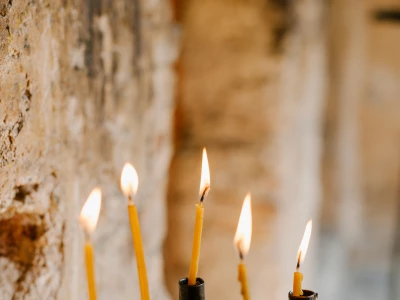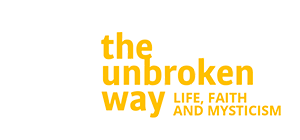Share this article
Hope Changes Everything

Dreams No One Can Steal ⸻A Short Story.
It was a Saturday morning when I heard a ping on my mobile phone. I was in the changing room at the gym. I took the phone from my locker and saw that I had been sent a text by Cushla, my late wife. ‘The boy with the fiery eyes that no one can steal’, the text read. I smiled inside. It was a line from a song by one of her favourite bands, the Eagles. Years earlier, she had told me that the line had reminded her of my hopeful and optimistic qualities.
Now listening to the radio while doing some housework and hearing the song again, she was moved to text me. For her, the sentiment in the line was similar to ‘The boy with the bouncing ball,’ a term she regularly called me and which she had coined herself twenty-five years earlier. She saw me as playful and a dreamer of big things. It was a quality she particularly liked in me when we met all those years ago. However, in recent times, the storms of life had dampened my natural optimism. We had been through a lot: my business had gone bust 12 months earlier, but more seriously, Cushla had endured nearly 17 years of a debilitating illness; we had lost loved ones, including our only child, Meera Thérèse, through miscarriage.
Now, that line from the song on the radio reminded her of the real me. Despite carrying her own heavy crosses, she was still thinking of my happiness. She had sent the text ‘The boy with fiery eyes and dreams no one can steal’ to reassure me that this was still how she saw me. To give me hope and to reignite my boyhood dreams.
Perhaps, being the mystic she was, she also sent the text knowing that somewhere in her soul, an even bigger cross was ahead for me: it’s only in retrospect that I now know that Cushla had intuited that she wasn’t going to live much longer. She would want to leave a positive legacy to help me carry on in the future without her. The following year she was diagnosed with cancer, and 12 months later, she died.
I kept the text on my mobile phone for three years until I dropped the phone and damaged it irreparably one day. The telecom company said the message was lost forever. But it’s not. It’s permanently written in my heart. If I begin to lose my way or when things get rough, I remind myself that I am, as Cushla said: ‘The boy with fiery eyes and dreams no one can steal.’
Hope Vs Optimism

‘Hope is definitely not the same thing as optimism. It is not the conviction that something will turn out well, but the certainty that something makes sense, regardless of how it turns out.'
– Vaclav Havel, Czechoslovakian writer, politician, playwright.
I am also constantly inspired by the memories of Cushla’s amazing life, which was filled with hope, no matter what she was going through. She has left me a legacy worth more than anything the material world can offer me: the reality that there is s always hope, no matter how difficult or dire a situation may seem.
So, where did Cushla get her irrepressible and enduring hopefulness from? How did she continue to hope when she had such tremendous odds stacked against her? Firstly, her hope wasn’t the conditional type of hope based on circumstances or some vague and misty optimism that I was prone to.
Having said that, optimism can often be a good thing: psychologists say that optimism is a mental attitude —a state of mind. It’s a positive outlook on the future or when we expect a good outcome from a given situation. It’s the opposite of pessimism, a tendency to see or expect the worst.
However, although my optimism helped me overcome many obstacles, it was sometimes based on woolly-headed thinking. Psychologists call it Pollyannaish optimism – the assumption that a positive outcome is inevitable. When I faced challenges and setbacks, I adopted a naïve, Hollywoodesque belief that there would always be a ‘happily-ever-after’ ending to every situation in my life. So, when Cushla began to develop her long-term debilitating illness at age 33, I initially didn’t take the problem seriously enough. Instead, my naïve optimism kicked in. I wanted to believe that it would be a short-lived minor illness and that everything would be ok in the end.
The problem with this naïve optimism is that it is conditional on our preferred outcome. In time, it backfires on us, especially when life doesn’t turn out the way we planned it. The reality is that sometimes our loved ones don’t get better, as happened when Cushla died within a year of developing cancer.
When life deals us a devastating blow, our true beliefs are tested (as opposed to the beliefs we think we hold). Fortunately for me, although I was heartbroken at losing Cushla, I had, by this stage, taken on board the genuine hope she believed in.
What do we hope in?

The Eyes Of Faith See Beyond Life.
‘The one who has hope lives differently; the one who hopes has been granted the gift of a new life.’ ⸻Pope Emeritus Benedict XVI
Without hope, the ancient Greeks believed, mortals could not endure. Those of us who have encountered a life circumstance that has brought us to our knees know this to be still true today. But, what are we to hope in, we ask ourselves?
We need something that makes sense to us, especially when we find ourselves up against it and haven’t time for time or strength for airy-fairy notions. The false beliefs, especially believing money and possessions might protect us from suffering or the pseudoscience and superficial acquaintanceships we entertained before life threw us a curveball, won’t hack it for us now.
When we have to live with a serious illness, grieve at the loss of a loved one or find ourselves in dire financial straits, we need to know we are basing our hope on enduring truths. But in our increasingly materialistic and nihilistic western culture, where wonder and mystery regarding the unseen world is dismissed, many secular commentators will avoid discussing the role of spirituality and faith in presenting us with authentic hope. Without faith, though, we inevitably begin to look around for some other movement, goal, or guru to give us hope. But it always turns out to be a false hope.
For a long time, I had vague notions that I would lead an amazing life when I became ‘successful.’ Though I wasn’t very materialistic or money-orientated , I believed having lots of it would give me independence and the means to do what I had daydreamed of in my school days: travelling. But, everything has a price: by the time I did achieve some degree of financial success, life had become more complicated. My mind was preoccupied with business problems, and I spent colossal energy running the company machine. The more successful I became, the emptier I felt. As Pope BenedictXV1 says in Spe Salvi (‘Saved in Hope’) :
‘When these hopes are fulfilled, however, it becomes clear that they were not, in reality, the whole. It becomes evident that man has need of a hope that goes further. It becomes clear that only something infinite will suffice for him, something that will always be more than he can ever attain.’
Share this article
Categories
in your inbox
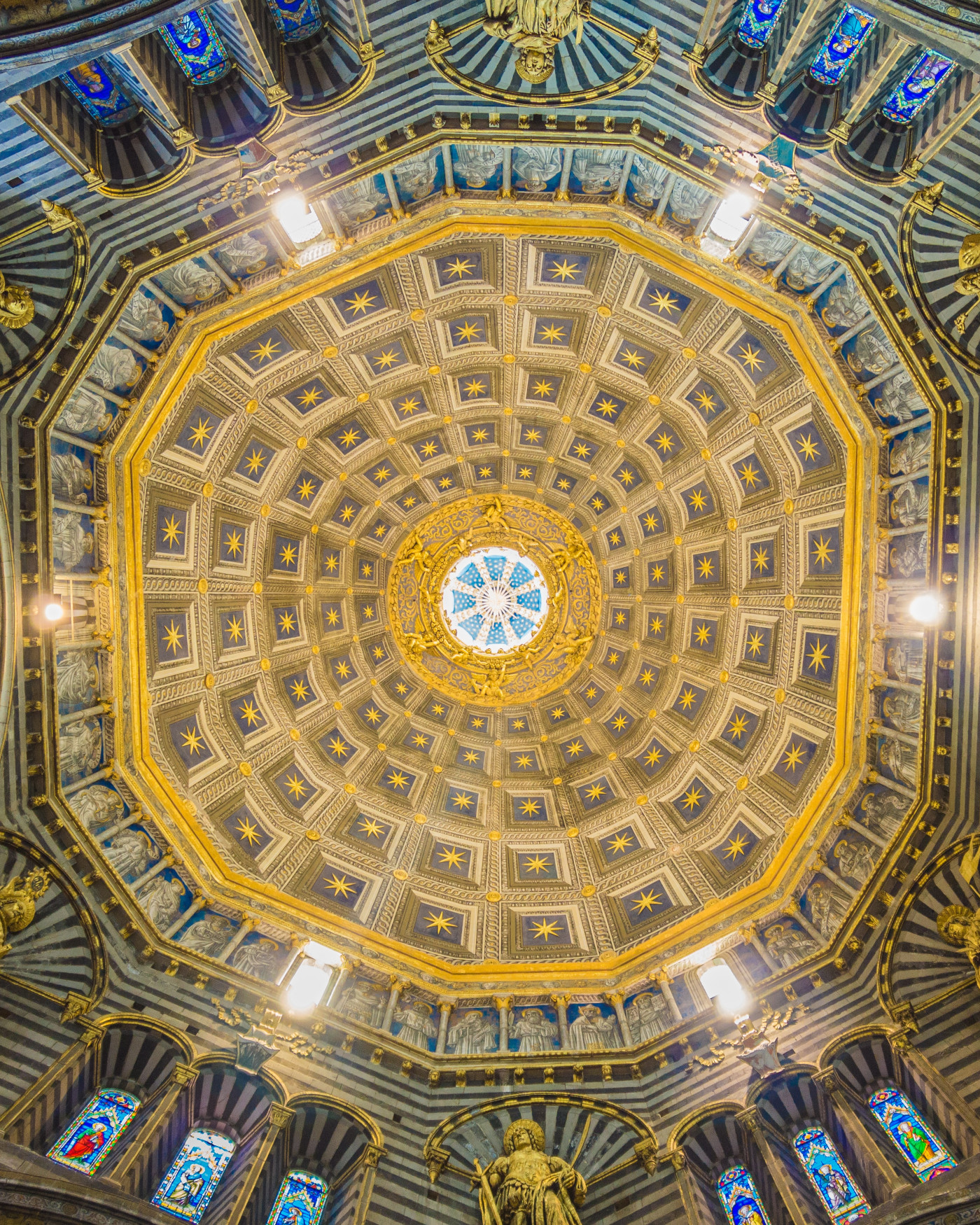
Hope


